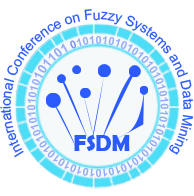Call for Special Sessions
Special session proposals will be evaluated based on the timeliness, uniqueness of the topic and qualifications of the proposers. The proposers are expected to have a PhD degree and have a good publication track record in the proposed area. After review, a decision on whether the proposal will be accepted will be sent to the proposers within two weeks after receipt of the proposals. Accepted special sessions will be listed on the website. However, it is likely that an accepted proposal will be combined with another one to avoid multiple special sessions covering a similar topic.
Please send us the proposal via email: fsdm@fsdmconf.org
1. Special Session on "Application of intelligent methods in the combat to COVID-19"
Aims
The objective of this special session is to cover the impact of artificial intelligence and automation in the combat to the Covid-19. The opportunities of growth in the field will impact on the education plans of the electrical engineering departments and the expected trajectory in the academic life of the students as well as the future goals of the researchers toward the wellness in the societies.Hence, the aim of the special session is to identify and study advanced issues related to applying the intelligent techniques and information technologies that automate and integrate the data analysis systems, and optimize the processes of innovation in the combat to the Covid-19 pandemic and similar disasters in the future.
The special session is expected to include the presentations of recent work in theories and practices of information systems and technology management. In particular, we would like to study the impact of the social distance up-taking on the servitization and smartizaiton of the industries, engineering education, and medical practices, beside the consequences on the speedy growth of the application of the artificial intelligence, and widening of automation and industry in the societies.
Target and Contributors
We assume that the target of the special session will be the researchers both from the academia and industry. Hence, we invite the business managers and engineers, executives and managers of the universities, plus the graduate students and researchers for participation in the session.Main Topics
1. Data mining technologies2. Statistical methods and Informatics for large data.
3. Applications of Fuzzy systems and Neural networks, Convolutional neural networks
4. Smart data analysis, smart data fusion
5. New achievements in dynamic programming, clouding and optimization
6. Medical imaging, Chest images, CT, etc.
7. Innovation in distant education systems
8. Smartization of industrial processes
9. New platforms for the remote style of life-work balance
10. Smart Business management systems
11. Infection risk analysis
Submission Deadline for Full Papers: July 15, 2022
Submission Deadline for Abstracts (without full paper publication in conference proceeding or related journals): September 30, 2022
This special session is now open for submission and registration. Please submit your abstract/full paper via the Submission System and choose the option of Special Session on " Application of intelligent methods in the combat to COVID-19" . After that, you can make the conference registration directly via the Registration Page or the conference secretary will contact you for further information.
Session Chair

Dr. Ebrahim Navid Sadjadi, University Carlos III of Madrid and The Centre for Automation and Robotics (CAR) CSIC-UPM, Spain
Ebrahim Navid Sadjadi has extensive experience in teaching at all levels and in providing the workshops and tutorials. His teaching specialties include data management, digitalization and optimization of the ICT based Industries. His publications include theoretical and application based academic articles and case-studies in the high impact Journals and two methodological monographs (books). He is affiliated with the Universidad Carlos III de Madrid, Computer Science Department.
Ebrahim Navid Sadjadi has extensive experience in teaching at all levels and in providing the workshops and tutorials. His teaching specialties include data management, digitalization and optimization of the ICT based Industries. His publications include theoretical and application based academic articles and case-studies in the high impact Journals and two methodological monographs (books). He is affiliated with the Universidad Carlos III de Madrid, Computer Science Department.
Organizing Committee of this Special Session

Jesús García Herrero is full professor at the Universidad Carlos III de Madrid, Computer Science Department. His main research interests are computational intelligence, sensor and information fusion, machine vision, traffic management systems and autonomous vehicles. He has co-authored more than 10 book chapters, 60 journal papers and 180 conference papers. He has served on several advisory and programming committees in organizations IEEE, ISIF and NATO.
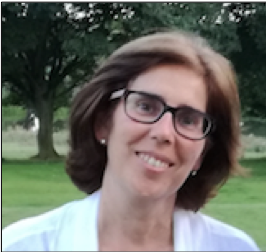
Matilde Santos Peñas received her B.Sc. and M.Sc. degrees in Physics (Computer Engineering) and her Ph.D in Physics in 1994, from the University Complutense of Madrid (UCM). Since 1988 she has been with the Department of Computer Architecture and Systems Engineering at the UCM, where she is currently Full Professor in System Engineering and Automatic Control (since 2011). She has worked in several National and European projects, focused on intelligent control (fuzzy, neural networks, evolutionary strategies) mainly applied to engineering and industrial applications. The last decade she has worked on autonomous vehicles (marine and aerial). She has also developed some soft computing application for making decision systems and has applied machine learning techniques for pattern recognition in different fields (fusion signals, medical diagnosis, informatic access detection, handwriting).

Jose Manuel Molina Lopez received a degree in Telecommunication Engineering from the Universidad Politecnica de Madrid in 1993 and a Ph.D. degree from the same university in 1997. He joined the Universidad Carlos III de Madrid in 1993 where, actually, he is Full Professor at Computer Science Department. Currently, he leads the Applied Artificial Intelligence Group (GIAA, http:// www.giaa.inf.uc3m.es) involved in several research projects related to ambient intelligence, surveillance systems and context- based computing. His current research focuses in the application of soft computing techniques (multiagent systems, evolutionary computation, fuzzy systems) to data fusion, data mining, surveillance systems (radar, video, etc.), ambient intelligence and air/maritime traffic management. He has authored up to 70 journal papers in JCR journals and 200 conference papers. He has 5700 cites in Google Citation and h = 26.
2. Special Session on "Medicine, Psychology, Art, and High Technology to Global Challenges Respond"
Aims
To promote research and the development of fundamental concepts, models, and theories to support applications of Information Technology in Medicine, Psychology and Music/Art Therapy.- Research: To identify and study advanced issues related to applying techniques and information technologies that automate, integrate, and optimize the processes of innovation in the Global Health Care System.
- Communication: To provide an international forum for government, academia, research, and industry to disseminate, publish, and peer review information, interdisciplinary research, education, and practices.
- Collaboration: To foster interdisciplinary collaboration between different professional organizations with allied interests.
Scopes
This special session provides a focus for multi-disciplinary research into the integration of innovative health-improving methods, biotechnologies, and information technologies for the global medical and psychological care for pandemics and other challenges of our time.Main topics are listed
1. Medicine, Biotechnologies and Informatics.
2. Medical robotics.
3. Innovative technologies for after COVID rehabilitation
4. Treatment and prevention stress related disorders
5. Scientific Music Therapy
2. Medical robotics.
3. Innovative technologies for after COVID rehabilitation
4. Treatment and prevention stress related disorders
5. Scientific Music Therapy
6. Medicine, Psychology and Art.
7. Psycho oncology
8. Integrative technologies for Medical and Psychological Care
9. Telemedicine and Artificial Intelligence
10. Prospect interdisciplinary projects and startups for Global Health Care System
7. Psycho oncology
8. Integrative technologies for Medical and Psychological Care
9. Telemedicine and Artificial Intelligence
10. Prospect interdisciplinary projects and startups for Global Health Care System
Potential Contributors
Members of the organizing committee, medical doctors, psychologists, music therapists, researchers, IT, biotechnologists, art therapists, rehabilitologists, musicians, and tutors are potential contributors.Submission Deadline for Full Papers: August 15, 2022
Submission Deadline for Abstracts (without full paper publication in conference proceeding or related journals): September 30, 2022
This special session is now open for submission and registration. Please submit your abstract/full paper via the Submission System and choose the option of Special Session on "Medicine, Psychology, Art, and High Technology to Global Challenges Respond" . After that, you can make the conference registration directly via the Registration Page or the conference secretary will contact you for further information.
Organizers of the Special Session:
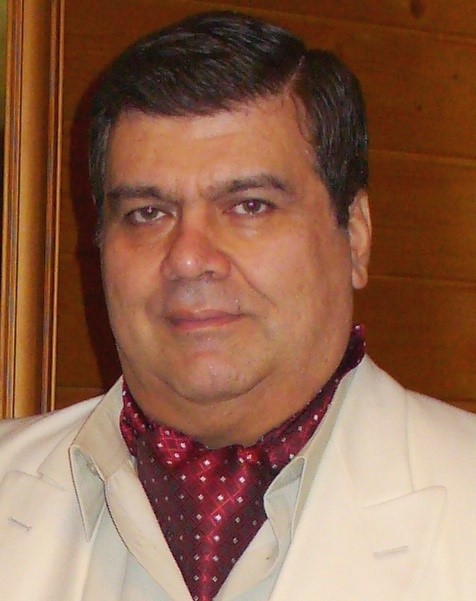
Session Chair
Professor Dr. Sergey V. Shushardzhan: MD, DMedSc, Ph.D., founder of Scientific Music Therapy and Acoustic Biotechnologies.Dr. Sergey V. Shushardzhan has two higher educations: medical (physician, general practitioner) and musical (opera singer and vocal teacher). He is the author of the international higher music therapy online training courses.
Dr. Shushardzhan is the author of 230 scientific publications in Music Therapy, Rehabilitation, Restorative Medicine, Cellular Acoustics, Anti-Aging Medicine, Reflexology, and Psychology, 11 patents for inventions. Dr. Shushardzhan managed to create an original scientific school that received wide international recognition.
Professor Dr. Sergey V. Shushardzhan: MD, DMedSc, Ph.D., founder of Scientific Music Therapy and Acoustic Biotechnologies.Dr. Sergey V. Shushardzhan has two higher educations: medical (physician, general practitioner) and musical (opera singer and vocal teacher). He is the author of the international higher music therapy online training courses.
Dr. Shushardzhan is the author of 230 scientific publications in Music Therapy, Rehabilitation, Restorative Medicine, Cellular Acoustics, Anti-Aging Medicine, Reflexology, and Psychology, 11 patents for inventions. Dr. Shushardzhan managed to create an original scientific school that received wide international recognition.
Members of the Organizing Committee for the Special Session
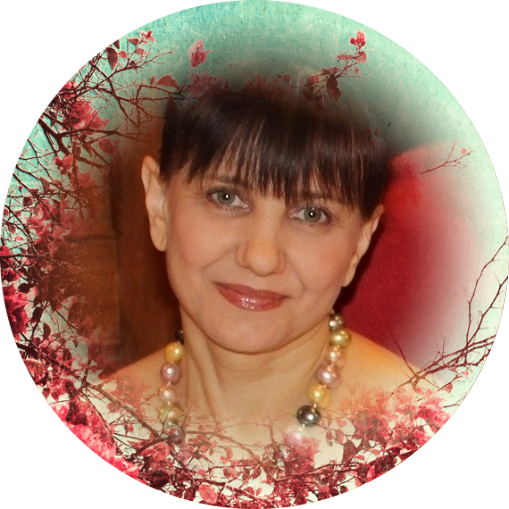
Prof. Dr. Natalia Eremina (Bulgaria, Russia)
EAMT professor, Ph.D., Clinical Psychologist, Certified Music Therapist, International Lecturer. The leading specialist in Family Music Therapy, Anti-aging technologies, and Music Therapy for Pregnant Women. She developed Musical & Doll Therapy and other known methods.
EAMT professor, Ph.D., Clinical Psychologist, Certified Music Therapist, International Lecturer. The leading specialist in Family Music Therapy, Anti-aging technologies, and Music Therapy for Pregnant Women. She developed Musical & Doll Therapy and other known methods.
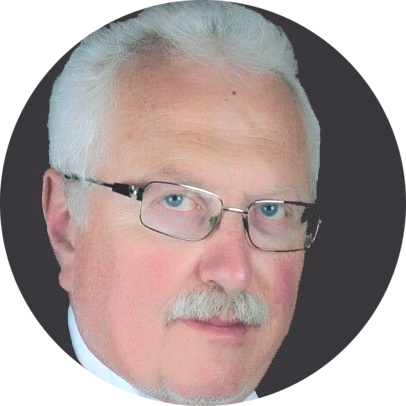
Dr. Alek Itsekson, PhD (Israel)
Director of the Myofascial Pain Unit, Sheba Medical Center, Director of the Personal Medicine Clinic
Director of the Myofascial Pain Unit, Sheba Medical Center, Director of the Personal Medicine Clinic
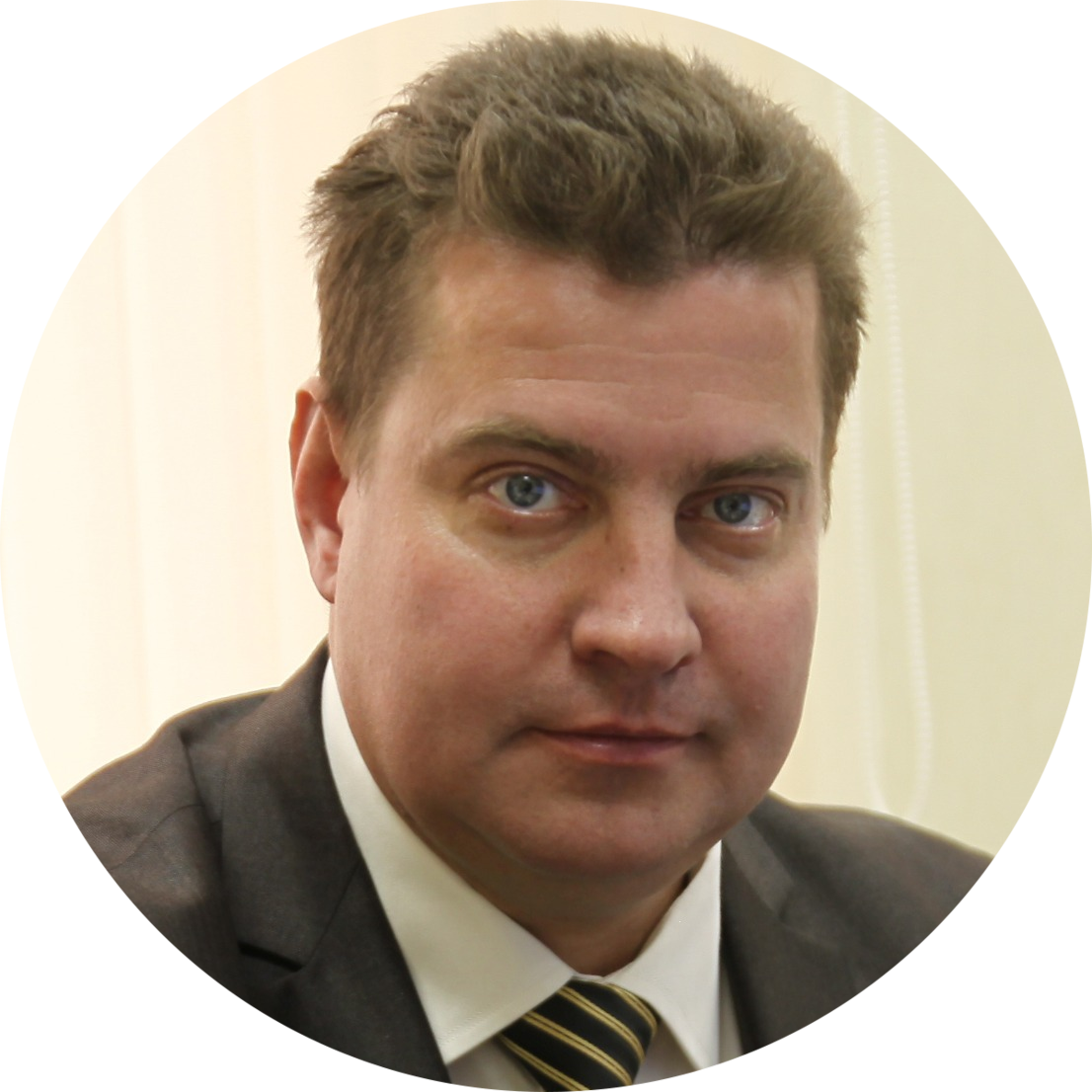
Nikolai Pechenov (Russia)
General Director of Time of Robots LLC, engineer of automated control systems, develops and manufactures robots, software, and robotic services
General Director of Time of Robots LLC, engineer of automated control systems, develops and manufactures robots, software, and robotic services
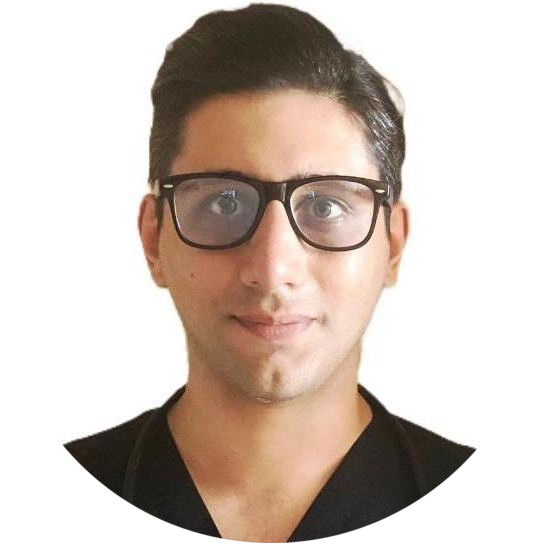
Prof. Dr. Ruben Shushardzhan (Russia)
General Director of ARM CP MT, RAN professor, EAMT Associate Professor, MD, Ph.D., Rehabilitologist, Certified Music Therapist, Chiropractor, International Lecturer. Author of scientific works and inventions. He developed a method of Music Reflextherapy, hardware, and software complex "Akutone."
General Director of ARM CP MT, RAN professor, EAMT Associate Professor, MD, Ph.D., Rehabilitologist, Certified Music Therapist, Chiropractor, International Lecturer. Author of scientific works and inventions. He developed a method of Music Reflextherapy, hardware, and software complex "Akutone."
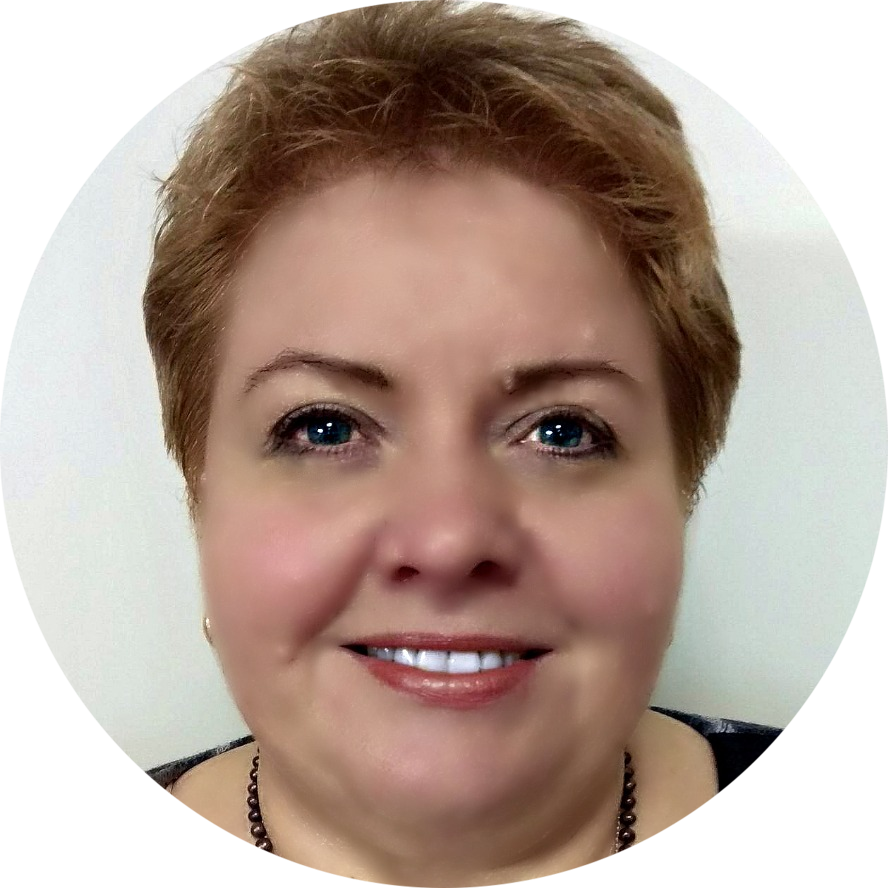
Tatiana Allik (Estonia)
CEO of the Center for rehabilitation and treatment "Doctor Music from Estonia OÜ," Certified Music Therapist, Master of Pedagogy.
CEO of the Center for rehabilitation and treatment "Doctor Music from Estonia OÜ," Certified Music Therapist, Master of Pedagogy.
